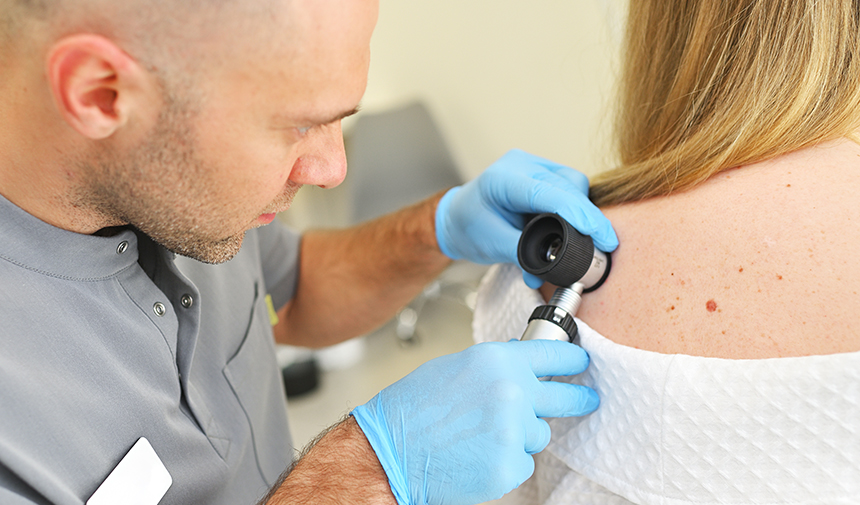Recent research suggests that new moles may be one of the symptoms of skin cancer. A study by the American Academy of Dermatology (AAD) has shown that moles that appear suddenly in people over the age of 30 may increase the risk of melanoma.
The study, presented at the AAD’s Dermatology Conference in San Francisco, is considered an important step forward in the diagnosis and treatment of skin cancer. The researchers found that moles that appear suddenly in people older than 30 can increase the risk of melanoma by 50%.
Dr. Jennifer Stein highlights the importance of this finding and emphasizes that such moles should be evaluated immediately by a dermatologist. She emphasizes the importance of avoiding sun exposure, using sunscreen regularly and monitoring changes in the skin.
Skin cancer is a topic closely followed by health experts around the world. Particular attention is paid to this issue in individuals who are over-exposed to the sun and who are at risk in terms of skin type. Recent studies show that early detection of skin cancer can increase the success of treatment.
Skin cancer starts with the uncontrolled growth of abnormal cells in the skin. There are many causes, but exposure to sunlight increases the risk. Types of skin cancer include basal cell carcinoma, squamous cell carcinoma and melanoma. Each has different symptoms and treatment methods.
Melanoma is the most serious type of skin cancer and can be fatal if left untreated. Melanoma usually starts in cells in the skin called melanocytes. Melanocytes produce the pigment melanin, which gives the skin its color. This type of cancer usually starts in spots on the skin, especially new moles.
New moles should be carefully monitored, especially in people over the age of 30. The AAD’s research suggests that such moles may increase the risk of melanoma. Therefore, moles that appear suddenly should be evaluated immediately by a dermatologist.
Dr. Stein says that people should check their skin regularly. If any changes or abnormalities are noticed, a specialist should be consulted. Early detection plays a critical role in the successful treatment of skin cancer.
Skin cancer is a common health problem worldwide. Millions of people are diagnosed and treated for skin cancer every year. However, without early detection and treatment, skin cancer can be life-threatening.
As a result, it is important to remember that new moles can be a sign of skin cancer. These moles should be evaluated by a dermatologist immediately. Avoiding sun exposure and the habit of monitoring changes in the skin are critical in preventing skin cancer.



